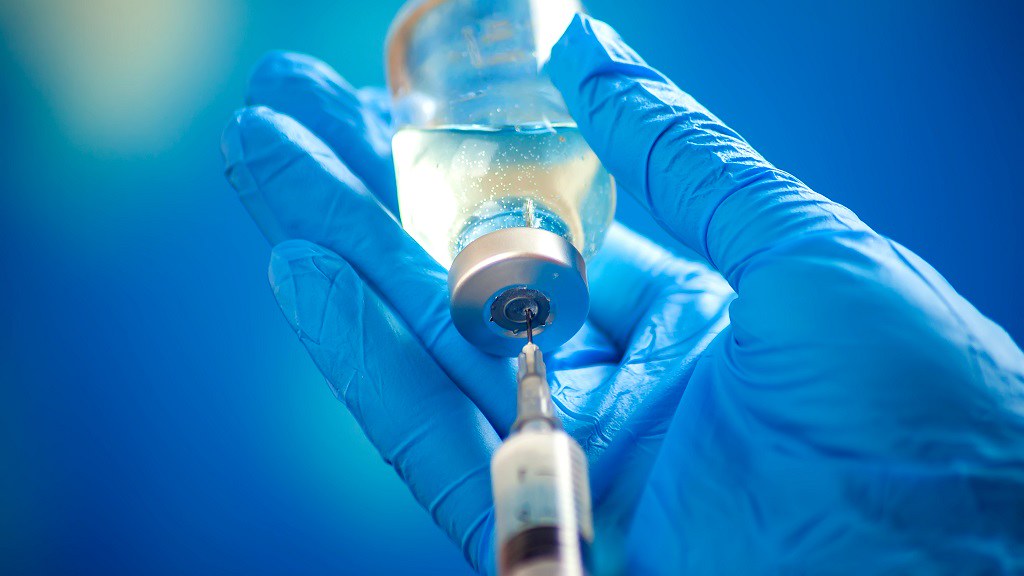The Cancer Research at Bath network aims to design and optimise anti-cancer drugs to enhance their activity while keeping side effects low. They must consider the physical and chemical properties of the drug, optimised drug-target interactions, and administration.
Natural compounds as a resource for novel anti-cancer drugs
Many widely-used anti-cancer therapeutics originate from natural sources. One of the challenges is producing these therapeutics at a large scale. Research is focussing on new ways to create simpler and improved replacements for natural anti-cancer drugs.
You can hear more about capsaicin, the spicy chemical in chilli peppers, and its implication in the treatment of cancer in Pharmacast, a podcast from University of Bath students, Siobhan and Shaun.
Research groups: Lorenzo Caggiano, Tim Woodman (Department of Life Sciences), and Simon Lewis (Department of Chemistry).
Designing novel targeted anti-cancer therapeutics
Peptide-based drug discovery allows for the development of new anti-cancer lead compounds. Using innovative chemical strategies, the drugs can be more powerful and selective. Studies in this area include:
- Library-derived peptide-based antagonists that can inhibit cancer-relevant targets, led by Jody Mason (Department of Life Sciences)
- Covalent peptide-based inhibitors of cancer targets, led by Scott Lovell (Department of Life Sciences)
- Peptide-targeted agents for photodynamic therapy and drug delivery, led by Ian Eggleston (Department of Life Sciences).
